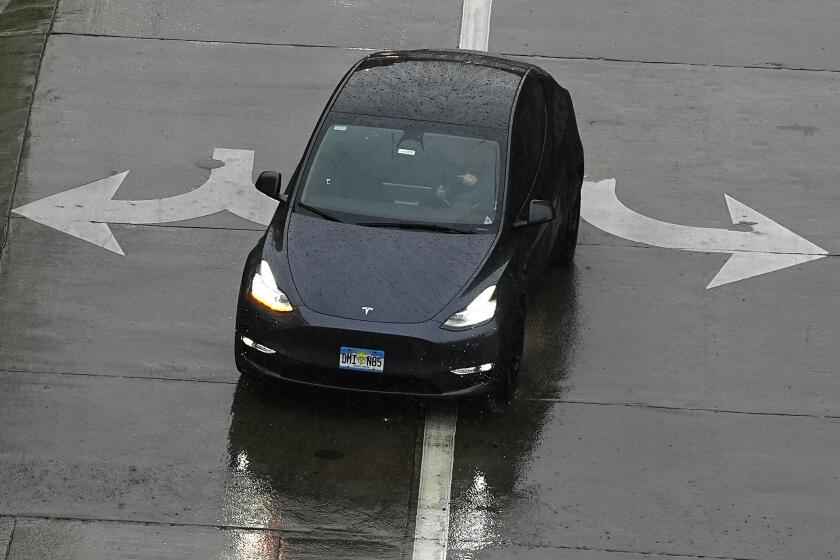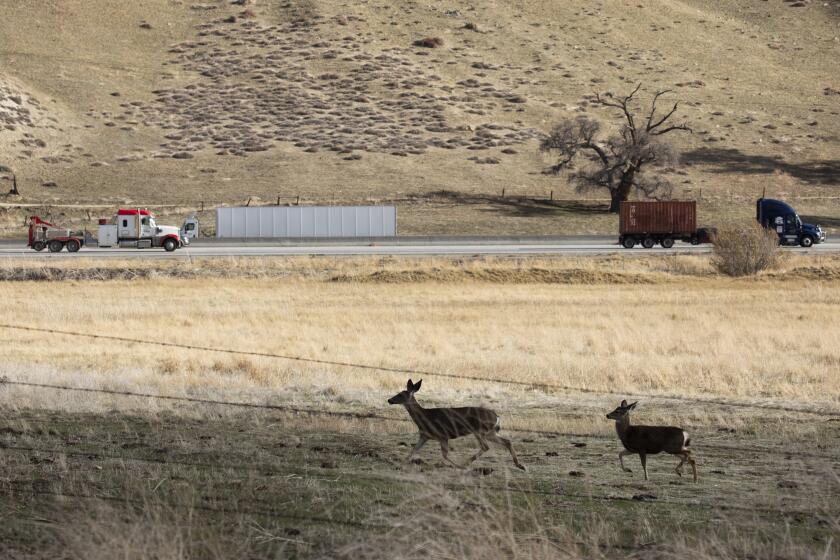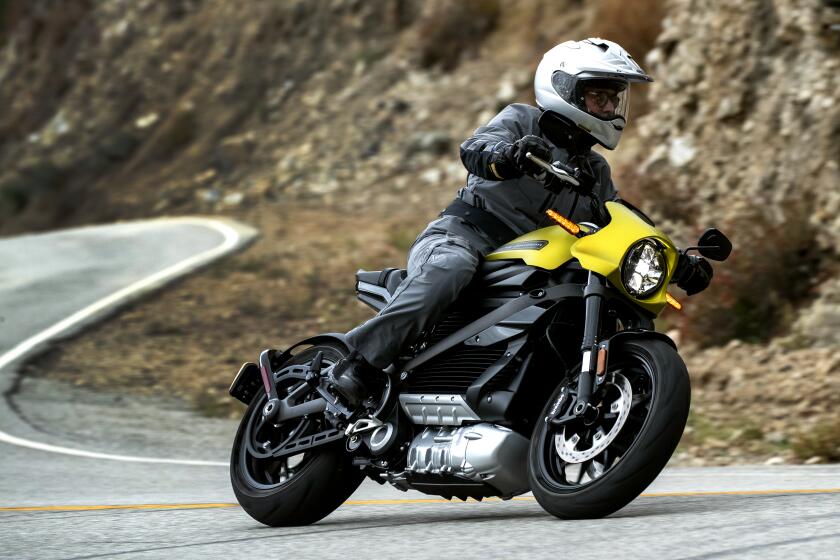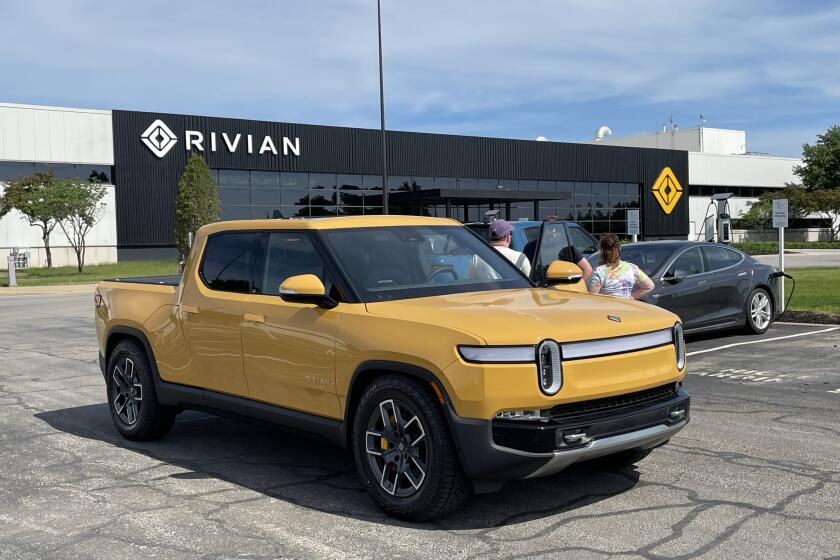International Business : SPOTLIGHT ON ASIA : Smoggy Cities Welcome Testing of Electric Automobiles : Energy: Promising lithium-ion battery should be in production by 1997 or ‘98, developer says.
To residents throughout Asia constantly bombarded with a choking array of pollutants in traffic-clogged cities, smog-free, zero-emission vehicles seem like a godsend.
Although the technology is far from complete, manufacturers are looking to East Asia as a testing ground for electric vehicles--with an eye to the future of strong sales in the emerging economies.
“A lot of the enthusiasm in Asia is based on the air conditions, and the pollution we have here. It’s a real threat to people,” said Tim Dunne of Automotive Resources Asia (ARA), a Bangkok-based automotive market research firm.
Although Thailand has recently implemented regulations requiring all automobile fuel to be unleaded, lead and other pollutants from gasoline-driven vehicles have exacerbated Bangkok’s pollution over the past few years.
Electric cars, which are equipped with a battery recharger plug where a gas tank cap is usually placed, would be a welcome substitute for the gasoline-fueled cars that add to the city’s air and noise pollution.
Prototypes of several battery-operated electric vehicles are already being tested on the busy streets of Bangkok, where manufacturers hope to cash in on pollution-weary consumers.
“We are trying to develop vehicles and technology that can compete side by side with internal combustion-engine cars,” said Michael Rivers, vice president of environmental affairs at Electric Motor Car Group of Cos.
Auto makers around the world have been working on electric vehicles for decades, and the battery is always the main stumbling block, car analysts say.
The batteries are often heavy, made of toxic materials or prohibitively expensive. They also have a limited range, often needing a charge after about 60 miles.
Rivers says one of Electric Motor Car’s affiliated companies has licensed technology from Livingston, N.J.-based Bell Communication Research Inc. for a new plastic lithium-ion battery that he says has five times the energy of lead acid batteries, which the company uses in its test cars.
The company is developing the battery for car use and it should be ready for testing by mid-1996, with production by 1997 or 1998.
“Data show it can take a car for 500 kilometers [300 miles] without charging, which is really exciting,” Rivers said. He said materials for the new battery were not expensive.



